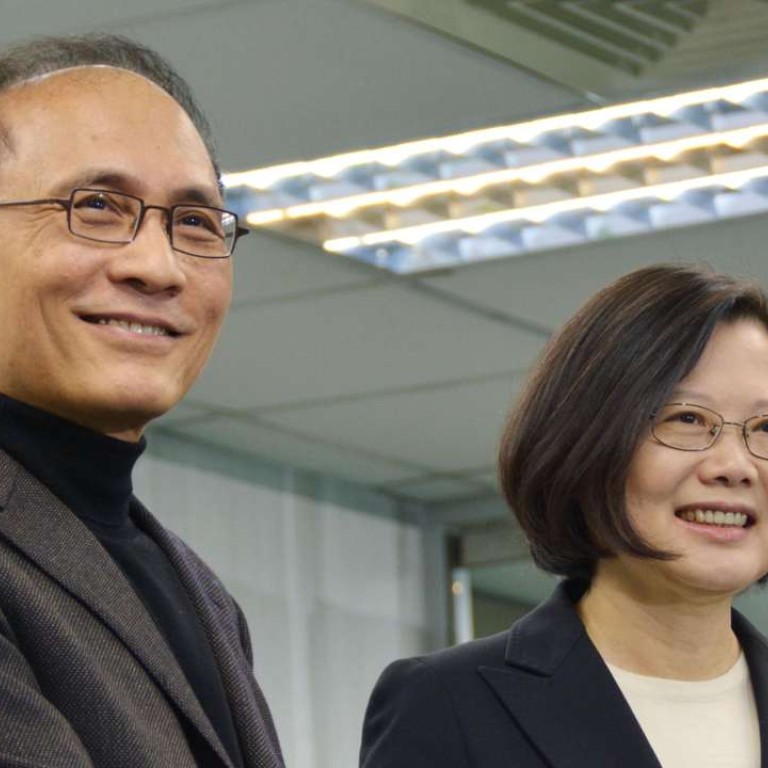
‘One China’ is cornerstone of cross-strait trade, China’s premier says
Chinese Premier Li Keqiang said Beijing would push for greater trade with Taiwan only when the island’s incoming independence-leaning government recognised the “one China” principle.
“[Beijing] will continuously introduce measures to promote economic cooperation between both sides in consideration of the premise ... that the cornerstone is still the 1992 consensus,” Li said after the close of the National People’s Congress on Wednesday. “As long as Taiwan adheres to the [political] foundation and recognises that Taiwan and the mainland belong to the same China, anything can be negotiated .”
The 1992 consensus refers to an unofficial agreement between the mainland and Taiwan that there is “one China” and that each side had its own interpretation of what that meant.
Li stressed cross-strait trade would grow if both sides stuck to the political consensus. Beijing had issued a document guaranteeing that preferential policies for Taiwanese businessmen based on the mainland would be maintained, he said. Li’s remarks closely followed what President Xi Jinping said early this month in his first public comments since the DPP and its chairwoman Tsai Ing-wen swept to power in Taiwan’s January polls.
READ MORE: Chinese President Xi Jinping says Beijing’s policy on Taiwan ‘to remain consistent’ after Tsai Ing-wen takes office
Tsai has been cautious to neither dispute nor embrace the consensus. She said during her campaign that the arrangement was “one option.”
Analysts said Li and Xi’s comments showed Beijing would maintain a friendly and patient posture ahead of Tsai’s inauguration speech on May 20. She is widely expected to use the occasion to clarify her position on cross-strait ties.
Liu Guosheng, the head of Xiamen University’s Taiwan Research Institute, said Beijing understood the DPP needed time to come up with its own approach to the consensus.
“Li is trying to urge Tsai and the DPP to be a responsible political leader and party,” Liu said.
“It has an obligation to cherish what [outgoing Taiwan President] Ma Ying-jeou achieved over the past eight years, with the 1992 consensus as the sole political understanding between Beijing and Taipei.”

